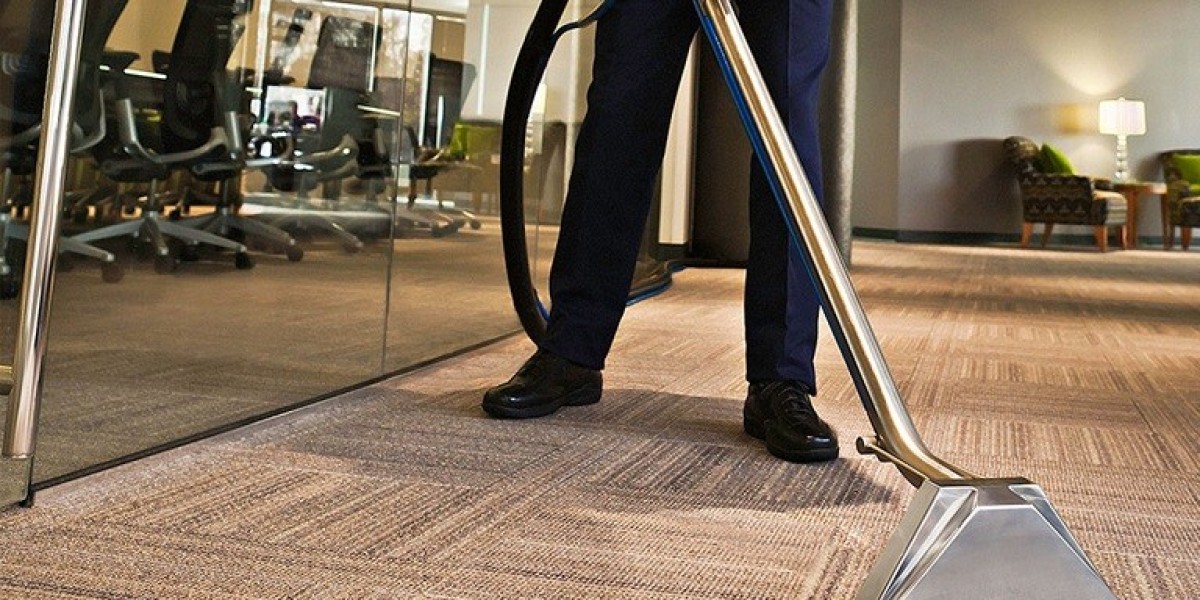 A gas safety certification is a document which contains all the tests and inspections that engineers perform on your gas appliances. These inspections help lower the risk of carbon monoxide poisoning at your home.
A gas safety certification is a document which contains all the tests and inspections that engineers perform on your gas appliances. These inspections help lower the risk of carbon monoxide poisoning at your home.Landlords are required by law to organise these inspections on an annual basis. They must also be carried out by a Gas Safe registered engineer.
What is a Gas Safety Certificate?
A gas safety certificate is an official document that proves that all the appliances and installations within your home have been inspected by a licensed engineer to make sure they are safe to use. It's a legal requirement that landlords to have their flues and gas appliances regularly inspected to reduce the possibility of carbon monoxide poisoning or other serious accidents. Landlords who fail to comply with these regulations may be penalized with fines or even a prosecution.
Before releasing the document, a gas engineer will conduct an exhaustive inspection to assess the state of all appliances and installations. The document will state whether the appliances and installations passed or failed, and any suggestions for further actions. The name and address of the landlord will be listed on the certificate as well as the date that the test was carried out.
Gas safety certificates are available in two different types that are domestic and non-domestic. The former is intended for homes, flats and studios whereas the latter refers to commercial properties like warehouses and office buildings. Both certificates must be renewed annually and the engineer will issue a copy for every appliance they have checked.
Who is required to undergo gas safety inspections? Anyone who owns, leases or owns a property that has any type of gas appliance. This includes homeowners who are private, housing associations and local authorities, hotels and other hospitality venues, and even schools. Landlords are particularly required to have their properties checked and to provide their tenants with the most current Gas Safety Record, as they are legally responsible for ensuring that their tenants are secure in their homes that they rent or own.
If you own a house that is managed by a managing agent, it is important to make sure that they are the ones to organize the annual gas safety inspection and service. Having a managing agent does not relieve you of your legal obligation to get the property tested and to supply your tenants with the most recent Gas Safety Record.
Although it's not an obligation for homeowners to keep their own records on gas safety however, they can be useful when selling the property since potential buyers will be looking for evidence that the appliances have been maintained and are safe. The TA6 form, which is part of the conveyancing process is also a requirement for the record of gas safety, so it's recommended to have one before selling.
Who requires needing a Gas Safety Certificate?
In essence anyone who owns a home or commercial property with gas-powered appliances and pipes is required to be examined by a certified Gas Safe registered engineer. This will include landlords and building owners, as well as even tenants who reside in a house that is managed by an agent who manages the property.
Landlords have a number of legal obligations, and one of them is to ensure that all flues, appliances and fittings are inspected and deemed safe by a Gas Safe engineer every 12 months. This is referred to as a Gas Safety Certificate or CP12 and is an essential part of any rental property. It is illegal for a landlord to rent out any property without this certificate.
For homeowners, while they do not have the same legal obligations as landlords, it is still a good idea to take advantage of a Gas Safety Check done once a year. This will ensure that the boiler is in good working order and highlight any problems that may need to be fixed.
The gas safety certificate will typically include a header that shows the name and registration number of the engineer who performed the inspection, as well as the address of the property, the postcode, and other pertinent identifications. It will also include a list of all the appliances that were tested and an indication of whether they passed or failed. If any appliance was found to be unsafe they will be labeled as Not Compliant (NCS), immediately dangerous (ID) or At Risk (AR).
The document will be handed to the homeowner at the conclusion of the service. It should be kept in a safe place to be used in the future. It is often a good idea for homeowners to carry this document with them when they sell their home, as it will reassure potential buyers that the property is safe to use gas.
What is Included in a Gas Safety Certificate?
The gas safety certificate includes the list of all gas appliances and infrastructures an engineer has been examining. The certificate also contains information on the engineer including their name and Gas Safe Register number. The document is usually arranged with a header that lists the date and time of the inspection. It then shows the appliances that were examined, their status and any actions taken or safety concerns that were discovered.
The gas safety certificate includes details about the property in which the inspection was conducted as well as details of the landlord or managing agents. The certificate must contain the address, postcode and any relevant identifiers that distinguish between different properties. It also includes the name of the engineer and Gas Safe Register ID number and their signature.
Landlords are legally obligated to arrange regular gas safety inspections in their properties that they let. This is to ensure that all of the gas appliances and pipework are safe to use and that there aren't any leaks or other risks that could pose a risk to the occupants. If any appliances are found be unsafe, the engineer will mark them as in the certificate. Three codes are used to determine the level of safety of the appliance: Immediately Dangerous, At Risk or Not Current Standards.
Gas safety certificates are a legal requirement for landlords selling their home. As part of their due diligence, potential buyers may request the records and use them to identify any issues they have to address prior to purchasing the property.
Landlords can arrange for an inspection of their gas supply through a Gas Safe registered Engineer, or they can do it themselves by using our user-friendly platform. We recommend that the Gas Safety Check is performed every year at a minimum to ensure that all appliances are in good properly and don't pose any safety risks to the people who live in the.
It is not the duty of tenants to obtain an annual gas safety certificate or have their appliances inspected. This is the responsibility of the landlord, who is required to arrange an annual inspection and issue a gas safety certificate to their tenants.
How Much does a Gas Safety Certificate Cost?
A gas safety certificate is a legal requirement for landlords to ensure that their rental properties are safe for tenants to use. The cost of a safety check for gas appliances is different depending on your property's size, location and the number of appliances.
It is essential to inform your tenants about when the inspection will be taking place so they can prepare. It can also help to explain why it's crucial to allow access to allow the engineer to carry out the check. Some tenants are reluctant to give access due to the belief that it is an invasion of privacy or might be at risk should they not allow the engineer to inspect the fireplace, boiler or other appliances. It's worth reminding them that it's a legal requirement and could lead to being fined or even criminal charges if they don't allow access when a problem with your appliance is found, such as carbon monoxide poisoning.
The gas engineer will give you an official copy of the certificate after the inspection is complete. The certificate will contain the date, the engineer's contact details as well as your address for the property. It will also include a list of all the appliances and installations that were tested. It will also indicate whether any of the appliances or installations failed the tests and will list any work that needs to be done.
A Gas Safe certificate will usually be a standard black and yellow document. Your engineer will send you a copy for every appliance or installation they have been examining. The certificate should be kept to be used in the future and you must also give copies to each tenant.
Your gas engineer will send you a copy the Gas Safety Record. This record is valid for 12 month from the date of the inspection. You must ensure that you renew your Gas Safety Certificate before it expires. You must also provide a copy to tenants who are about to move in.







